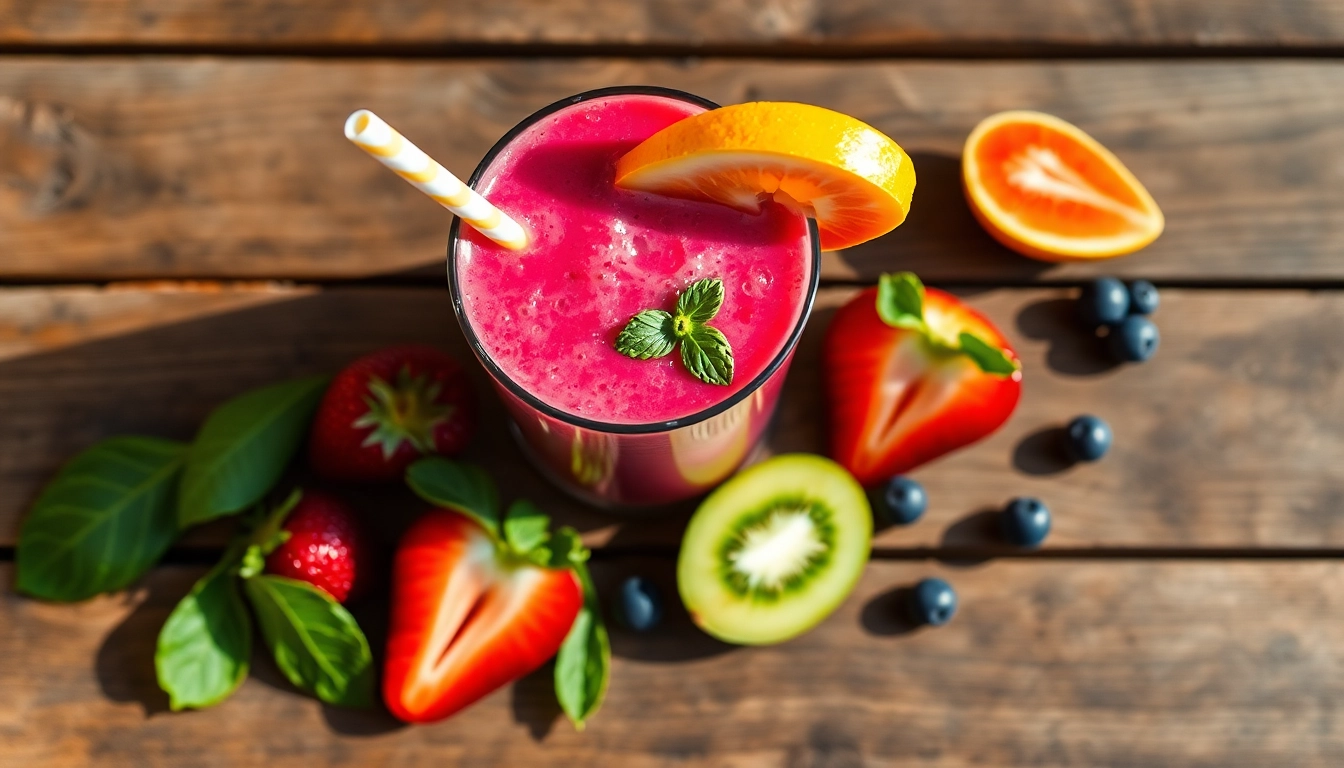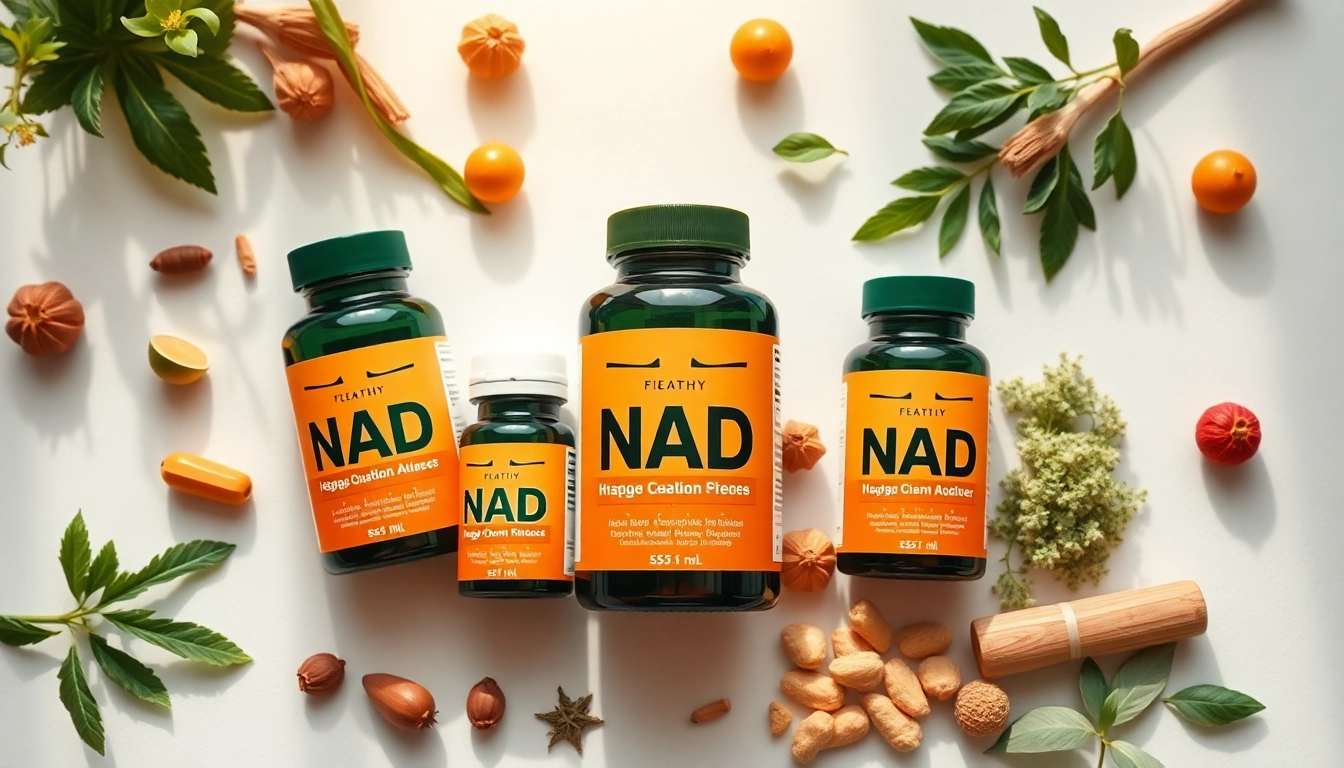Understanding the Importance of Postworkout Nutrition
When it comes to fitness, the attention often focuses on workout routines and the intensity of exercises. However, the significance of what happens after your workout is equally crucial and cannot be overstated. Proper postworkout nutrition plays a pivotal role in muscle recovery, energy replenishment, and overall health improvements. Ignoring the critical post-workout recovery phase may lead to inadequate muscle repair, decreased performance, and potential injury over time.
What Constitutes a Postworkout Meal?
A postworkout meal typically consists of a blend of macronutrients: carbohydrates, proteins, and healthy fats. Each of these components serves a unique purpose in recovery. Protein is essential for the repair and growth of muscles that endure stress during exercise. Carbohydrates help replenish glycogen stores that are depleted after an intense session, while healthy fats support cellular health and hormone production.
Key Nutrients for Optimal Recovery
The following nutrients are key players in post-exercise recovery:
- Protein: Facilitates muscle repair and growth. Aim for 20-30 grams of high-quality protein in your postworkout meals, which can come from sources like chicken, fish, or plant-based alternatives.
- Carbohydrates: Vital for restoring glycogen levels. Include complex carbohydrates like sweet potatoes, quinoa, and brown rice.
- Electrolytes: Help restore hydration and balance lost minerals. Include potassium-rich foods such as bananas and oranges.
- Healthy Fats: Support recovery hormones; good sources are nuts, avocados, and olive oil.
Timing Your Postworkout Intake
Timing is critical in postworkout nutrition. It is generally recommended to eat your postworkout meal within 30 to 45 minutes post-exercise. This time frame is often referred to as the anabolic window when your body is primed to absorb nutrients efficiently. However, if it’s not feasible, aim to eat your next meal within two hours to still reap the recovery benefits.
Best Foods to Include in Your Postworkout Routine
Protein Sources and Their Benefits
When choosing protein sources, prioritize high-quality options. Here are some beneficial postworkout proteins:
- Chicken Breast: Packed with lean protein, around 30 grams per serving, ideal for muscle repair.
- Greek Yogurt: Provides both protein (approximately 20 grams per serving) and probiotics for gut health.
- Plant-Based Proteins: Options like lentils or chickpeas are excellent for a vegan approach, offering essential amino acids.
Carbohydrate Choices for Energy Restoration
The following carbohydrate-rich options can help restore muscle glycogen effectively:
- Quinoa: A complete protein that also acts as a carbohydrate source, providing long-lasting energy.
- Sweet Potatoes: Rich in vitamins, they offer complex carbs that digest slowly.
- Oatmeal: A fantastic choice for replenishing glycogen and paired well with protein sources like protein powder or Greek yogurt.
Hydration Tips Post-Exercise
Rehydration is as important as replenishing nutrients. During exercise, your body loses fluids and electrolytes through sweat. Here are vital hydration tips:
- Water: Drink plenty of water immediately after your workout. Utilize hydration calculators to assess your needs based on sweat loss.
- Electrolyte Drinks: Consider drinks containing electrolytes if your workout was particularly intense or lengthy.
- Coconut Water: A natural source of hydrating electrolytes, combining hydration with a hint of sweetness.
Effective Postworkout Supplements
Understanding Protein Supplements
While whole food sources are optimal, protein supplements can provide a quick and convenient source of recovery nutrients:
- Whey Protein: Quickly absorbed and rich in branched-chain amino acids (BCAAs), ideal for muscle repair when consumed after workouts.
- Casein Protein: Slower digesting, which is beneficial for overnight recovery.
- Plant-Based Protein Powders: Great for vegans, sourced from peas, rice, or hemp.
Vitamins and Minerals that Support Recovery
In addition to macronutrients, several micronutrients play essential roles in recovery:
- Vitamin C: Enhances immune function and aids in collagen synthesis, important for tendon and ligament health.
- Vitamin D: Supports muscle function and reduces inflammation.
- Zinc: Crucial for muscle recovery and immune function; found in beef, shellfish, and seeds.
Hydration Supplements: What’s Worth It?
While supplements can help with recovery, it’s essential to choose wisely:
- Electrolyte Tablets: A good option for those who prefer not to consume sports drinks.
- BCAAs: Help reduce muscle soreness if taken during or post-exercise, but ensure your overall protein intake is adequate first.
Common Postworkout Mistakes to Avoid
Skipping the Postworkout Meal
One of the most frequent mistakes is skipping the postworkout meal altogether. This can significantly prolong recovery and prevent muscle repair. Ensure you schedule your meals accordingly, planning to consume the necessary macronutrients soon after training.
Choosing Wrong Types of Snacks
Not all snacks are created equal. After workouts, many reach for convenience foods that may lack nutritional value or high in sugars rather than focusing on a balanced mix of carbs and proteins.
Ignoring Hydration Needs
Hydration is often overlooked post-exercise. Many athletes do not drink enough water to recover adequately. Use hydration as part of your postworkout routine; aim for 16-24 ounces within the first hour after working out.
Developing a Personalized Postworkout Recovery Plan
Assessing Your Workout Intensity
Your recovery needs can vary significantly depending on the intensity and duration of your workout. More strenuous activities might necessitate additional protein and carbohydrates. Keep a training journal to help gauge how your body responds to different workouts to optimize your recovery plan.
Creating Balance in Your Postworkout Diet
Strive to create a balanced postworkout meal plan that incorporates proteins, carbohydrates, and healthy fats. A variety of foods can help you not only refuel your body but also support overall health. Experiment with ratios to see what works best for your energy levels and recovery.
Tracking Your Recovery Progress
Finally, actively track your recovery process. Keeping records of your workout intensity, duration, and how your body feels afterward can guide you in fine-tuning your postworkout nutrition strategies. Consider cycling between higher and lower intake periods based on training loads to ensure optimal recovery and muscle growth.



